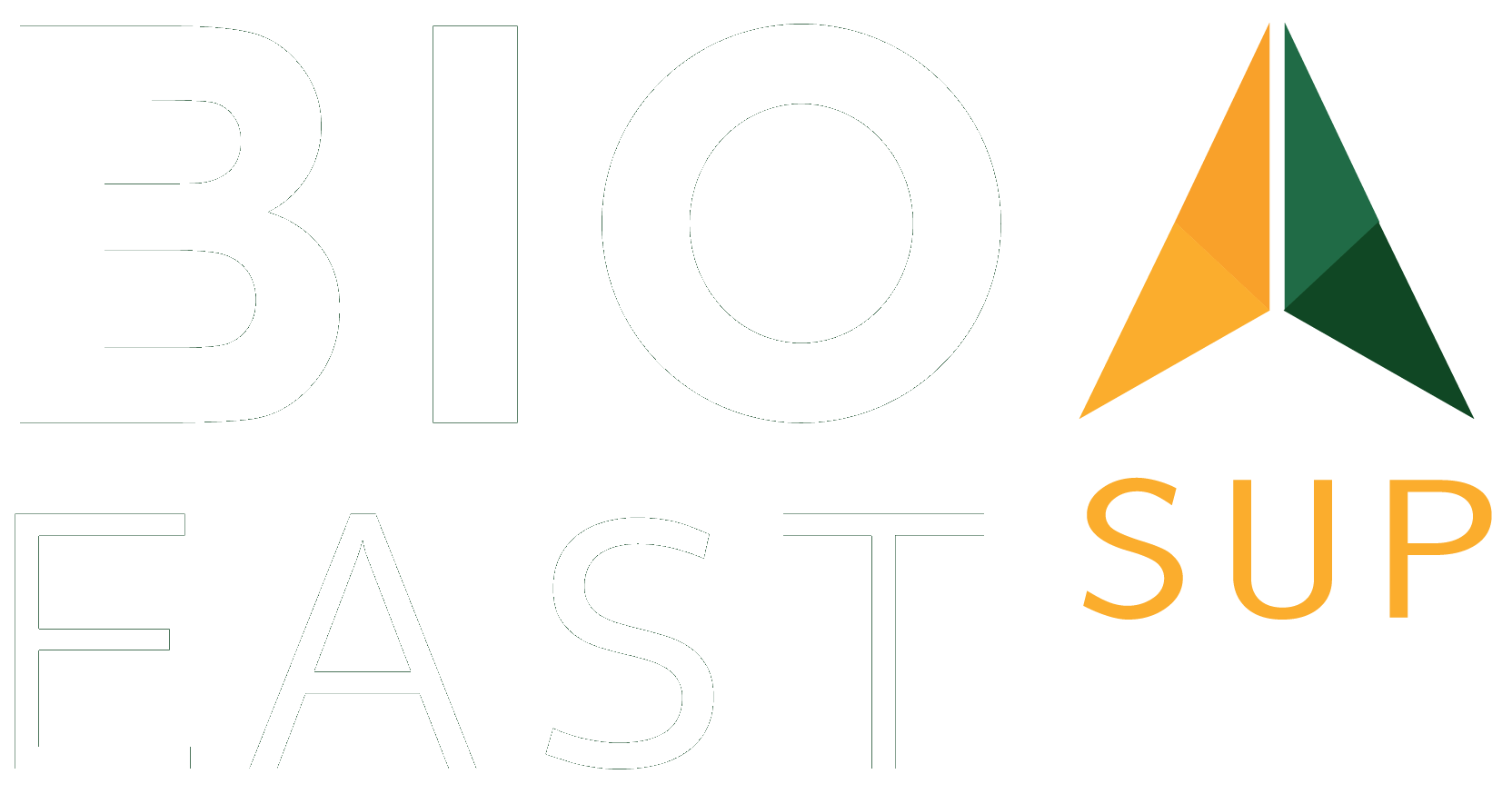Please register here until 28 June 2021:
https://services.ptj.de/forms/bsw-bbi-workshop
Aim of the workshop
The workshop aims to gain insights and contribute to how value creation, especially for the primary sector, can be increased and how a fairer distribution of profits between bioeconomy actors can be achieved through a better integration of primary producers in the sustainable feedstock production of bio-based value chains. Business models are identified and discussed that strengthen and empower primary producers and enable them to profit from sustainably produced raw materials while avoiding negative environmental impacts.
The specific objectives of the workshop are:
- Analysis of barriers to and also benefits of better integration of primary producers, especially in MS/regions/sectors where their participation is suboptimal;
- Insights on how better integration of primary producers into bio-based value chains can create incentives for the production of sustainable raw materials;
- Presentation of approaches and business models that effectively integrate a) individual primary producers and b) cooperating farmers (i.e. cooperatives and contractual agreements) into bio-based value chains that enable the adoption of advanced technologies and position primary producers to capture a higher share of value in the supply chain;
- Identification of the roles of different bioeconomy actors in disseminating and promoting the most effective approaches and business models for integrating primary producers.
Target groups and participants
The workshop will bring together experts and representatives of the primary sector (COPA-COGECA and CEJA), BBI JU SRG and SCAR Bioeconomy SWG members, BIOEAST representatives, and the European Commission (DG RTD and DG AGRI)
Background
In 2019, the Bio-based Industries Joint Undertaking in collaboration with the Bio-based Industries Consortium (BIC) and the European Commission (EC) commissioned a study ‘Participation of the agricultural sector in the BBI JU: business models, challenges and recommendations to enhance the impact on rural development’.
The study assessed the agricultural sector’s involvement in the BBI JU portfolio and identified the main challenges that the sector faces in the bio-based sector and its value chains. It provided an analysis of innovative business models and success stories on agricultural producers taking on an important role in the bio-based sector.
The workshop builds on the initial findings from this study. The exchange between SCAR BSW, the BBI SRG and relevant stakeholders will help to disseminate and promote effective business models for the integration of primary producers through their organisations and constituencies.
Organisers
The Bioeconomy Strategic Working Group (BSW) is a thematic Strategic Working Group under the Standing Committee on Agricultural Research (SCAR). The BSW aims at facilitating informal exchanges between Member States on regional, national and European activities, provides recommendations and advice to the EC on actions needed from a Member State / Associated Country perspective and is thus encouraging research and innovation (e.g. by addressing needs, hurdles, challenges, organisational matters etc.) in the broad area of the Bioeconomy.
The BBI JU States Representatives Group (BBI SRG), one of the advisory bodies of the BBI JU, has recognised the relevance of the primary sector from land (agriculture and forestry) and sea in the context of the deployment of the European Bioeconomy potential in rural and coastal areas.




